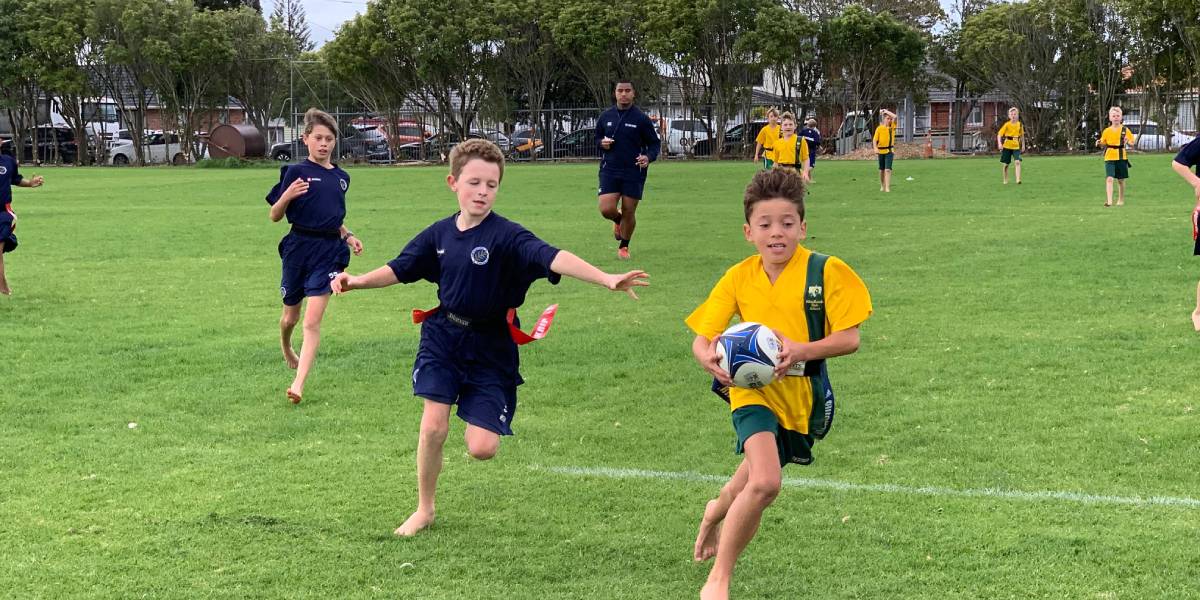



Physical Education and Health
In health and physical education, the focus is on the well-being of the students themselves, of other people, and of society through learning in health-related and movement contexts.
Four underlying and interdependent concepts are at the heart of this learning area:
- Hauora – a Māori philosophy of well-being that includes the dimensions taha wairua, taha hinengaro, taha tinana, and taha whānau, each one influencing and supporting the others.
- Attitudes and values – a positive, responsible attitude on the part of students to their own well-being; respect, care, and concern for other people and the environment; and a sense of social justice.
- The socio-ecological perspective – a way of viewing and understanding the interrelationships that exist between the individual, others, and society.
- Health promotion – a process that helps to develop and maintain supportive physical and emotional environments and that involves students in personal and collective action.
The learning activities in health and physical education arise from the integration of the four concepts above, the following four strands and their achievement objectives, and seven key areas of learning.
The four strands are:
- Personal Health and Physical Development, in which students develop the knowledge, understandings, skills, and attitudes that they need in order to maintain and enhance their personal well-being and physical development
- Movement Concepts and Motor Skills, in which students develop motor skills, knowledge and understandings about movement, and positive attitudes towards physical activity
- Relationships with Other People, in which students develop understandings, skills, and attitudes that enhance their interactions and relationships with others
- Healthy Communities and Environments, in which students contribute to healthy communities and environments by taking responsible and critical action.
The seven key areas of learning are:
- Mental health
- Relationships and sexuality education
- Food and nutrition
- Body care and physical safety
- Physical activity
- Sport studies
- Outdoor education
Unit plans can be provided on request.
The Education Act requires that, at least once every two years, boards of trustees produce a written statement about how the school will implement health education.
The legislation requires schools to:
- Inform the school community about the content of the health education components of the curriculum;
- Consult with members of the school community regarding the way in which the school should implement health education;
- Describe, in broad terms, the health education needs of the school’s students
- Consultation is done through our school docs platform and via survey by the board bi-annually
